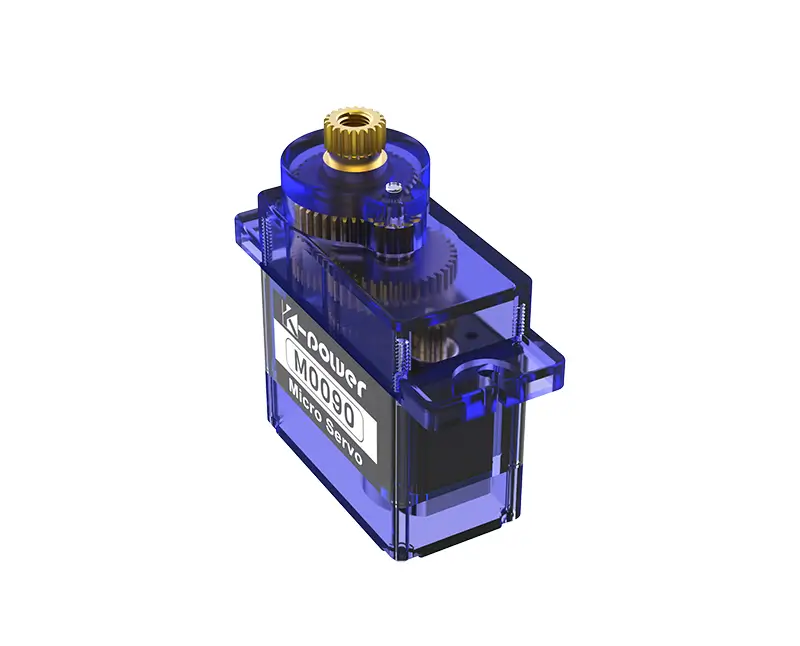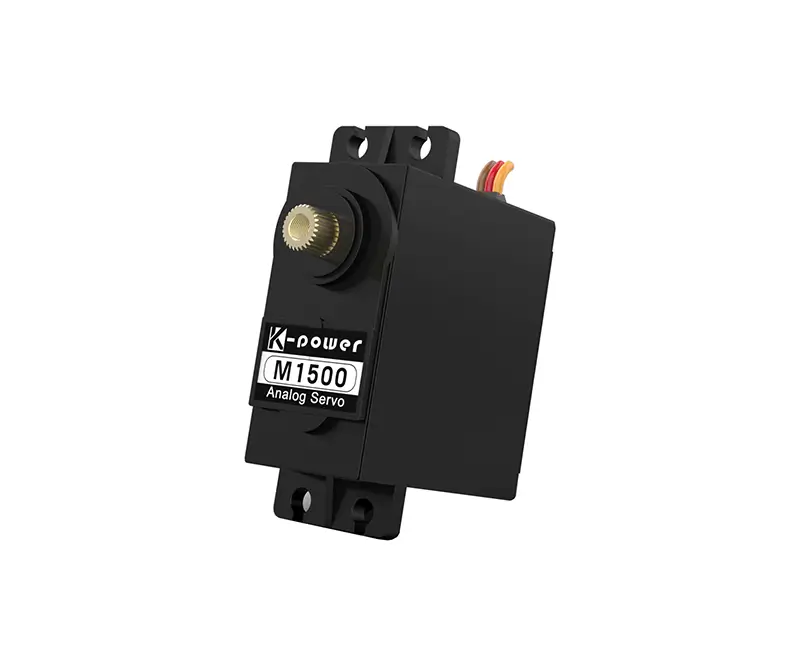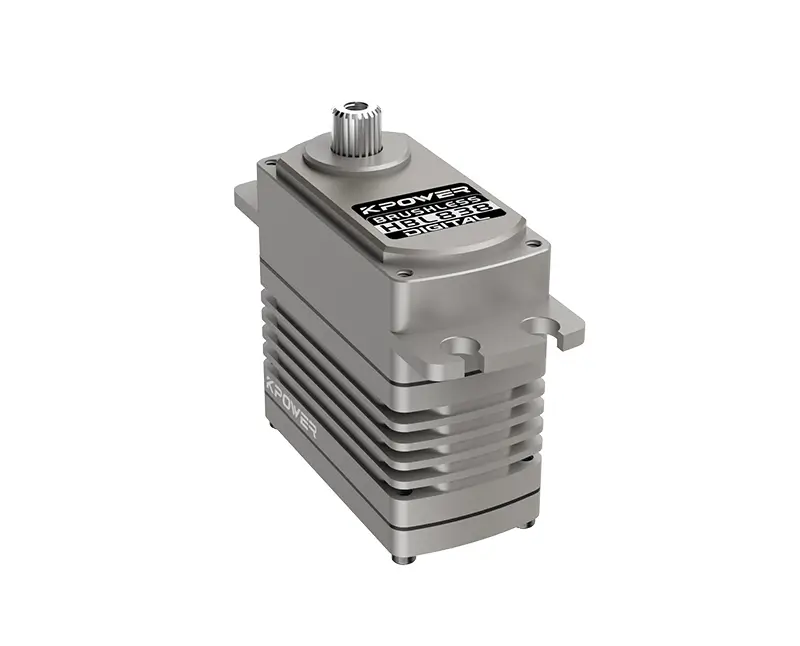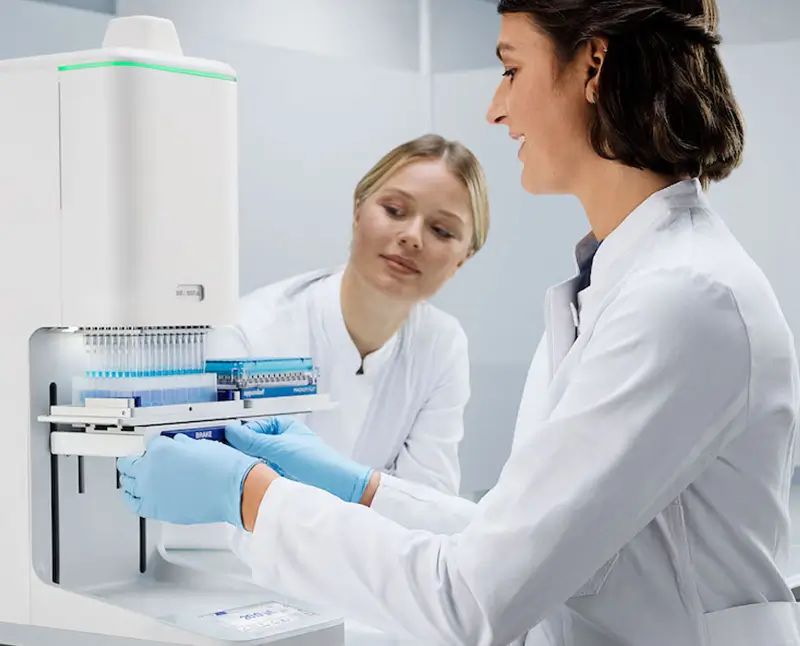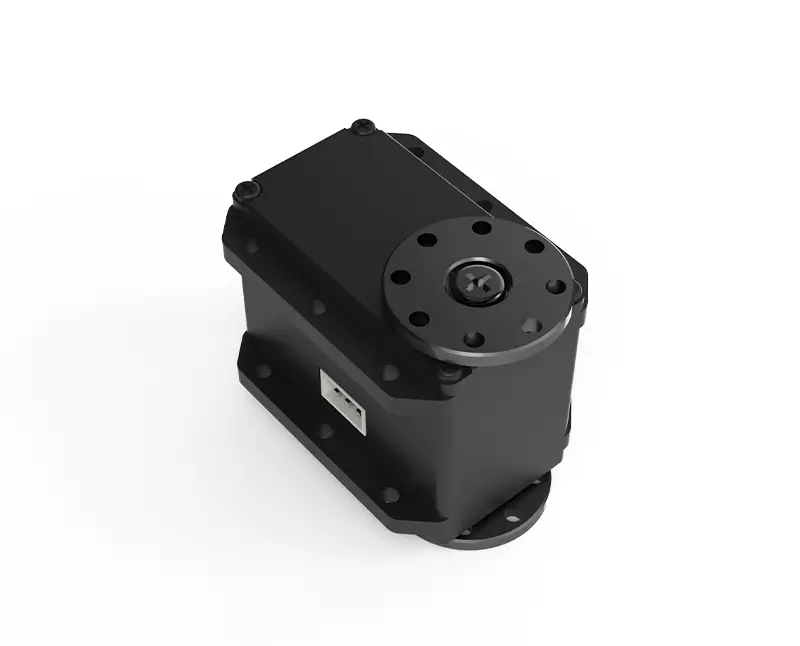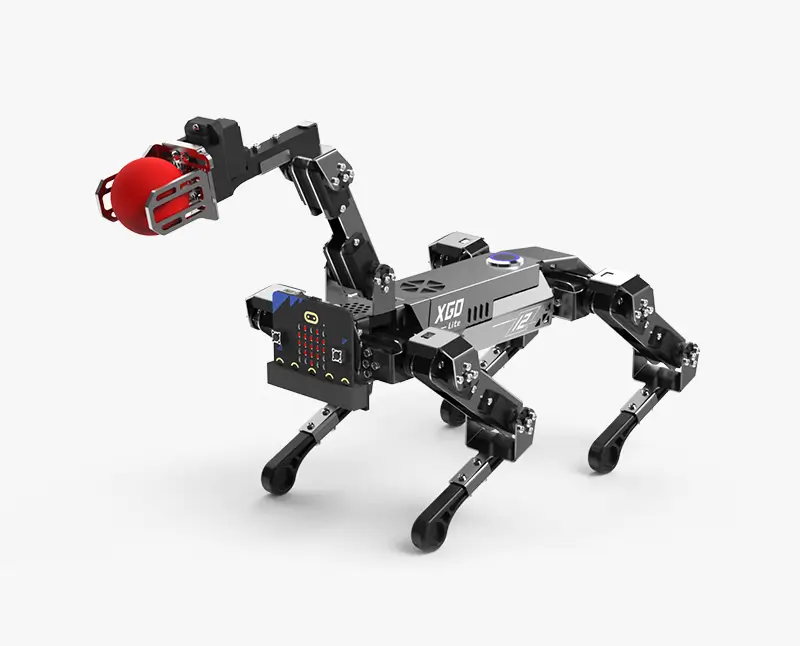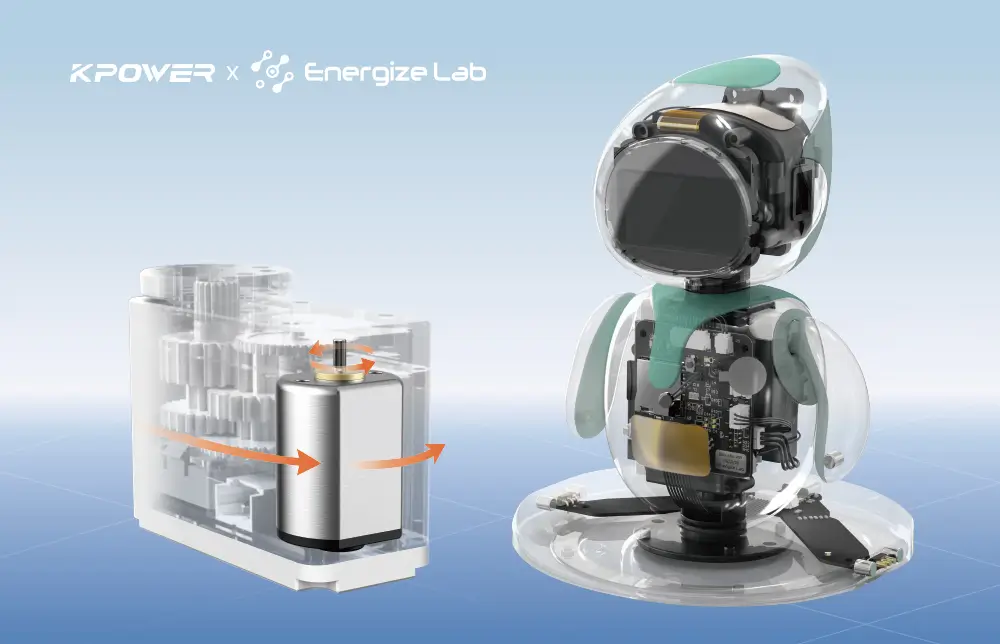Understanding the Role of Industrial Servo Motor Testers
Introduction to Servo Motors in Modern Industry Servo motors are the unsung heroes of industrial automation. From robotic arms in manufacturing plants to conveyor belts in logistics hubs, these compact yet powerful devices ensure precise control over motion, speed, and torque. However, like any mechanical or electrical component, servo motors are prone to wear, misalignment, and performance degradation over time. This is where industrial servo motor testers come into play—a critical tool for maintaining operational efficiency and preventing costly downtime.
.webp)
Why Servo Motor Testing Matters Imagine a production line grinding to a halt because a single servo motor fails to respond. The financial repercussions of such an event can be catastrophic, especially in industries like automotive manufacturing, food processing, or pharmaceuticals, where every second of downtime translates to lost revenue. Servo motor testers act as preventive guardians, enabling engineers to:
Diagnose faults before they escalate. Validate motor performance post-maintenance. Ensure compliance with industry standards. Optimize energy consumption.
Without regular testing, even minor issues like encoder misalignment or voltage fluctuations can snowball into system-wide failures.
What is an Industrial Servo Motor Tester? An industrial servo motor tester is a specialized device designed to evaluate the health and performance of servo motors. Unlike generic multimeters or oscilloscopes, these testers are tailored to simulate real-world operating conditions, measure critical parameters, and generate actionable insights. Key functionalities include:
Torque and Speed Analysis: Testing motors under varying loads to ensure they meet specified RPM and torque requirements. Encoder Feedback Verification: Confirming the accuracy of position and speed feedback systems. Vibration and Noise Detection: Identifying mechanical issues like bearing wear or rotor imbalance. Temperature Monitoring: Assessing thermal performance to prevent overheating. Electrical Integrity Checks: Testing insulation resistance, winding integrity, and power supply stability.
The Evolution of Servo Motor Testing Early motor testing relied on manual inspections and rudimentary tools, which were time-consuming and error-prone. Modern testers, however, integrate advanced technologies like IoT connectivity, AI-driven diagnostics, and cloud-based reporting. For instance, some testers now use machine learning algorithms to predict motor lifespan based on historical data, enabling proactive maintenance.
Benefits of Using a Dedicated Servo Motor Tester
Enhanced Precision: Testers provide granular data on motor behavior, helping engineers fine-tune performance. Reduced Downtime: Early fault detection minimizes unplanned shutdowns. Cost Savings: Preventing motor failures reduces repair costs and extends equipment lifespan. Safety Compliance: Ensuring motors operate within safe parameters mitigates workplace hazards.
Real-World Applications
Manufacturing: Testing robotic arms in automotive assembly lines. Aerospace: Validating servo motors in flight control systems. Renewable Energy: Optimizing motors in solar panel tracking systems.
Challenges in Servo Motor Testing While servo motor testers are indispensable, they’re not without challenges. For example, testing high-power motors in heavy machinery requires robust equipment capable of handling extreme conditions. Additionally, interpreting complex data demands skilled personnel.
Conclusion of Part 1 Industrial servo motor testers are no longer optional—they’re a necessity in today’s fast-paced industrial landscape. By investing in these tools, businesses can safeguard productivity, reduce costs, and stay ahead of competitors. In Part 2, we’ll explore advanced features of modern testers, how to choose the right one, and future trends shaping this field.
Advanced Features, Selection Criteria, and Future Trends
Advanced Features of Modern Servo Motor Testers The latest generation of servo motor testers is redefining what’s possible in industrial diagnostics. Here are some cutting-edge features:
IoT Integration: Testers equipped with IoT sensors transmit real-time data to centralized platforms, enabling remote monitoring and instant alerts. AI-Powered Diagnostics: Machine learning models analyze test results to predict failures and recommend corrective actions. Portability: Compact, handheld testers allow on-site testing in hard-to-reach locations. Multi-Motor Testing: Simultaneously evaluate multiple motors in a networked system. Energy Efficiency Analytics: Measure power consumption patterns to identify energy-saving opportunities.
How to Choose the Right Servo Motor Tester Selecting a tester depends on your specific needs. Consider these factors:
Application Requirements: High-torque motors in steel mills need heavy-duty testers, while small-scale robotics may require portable units. Compatibility: Ensure the tester supports your motor’s communication protocols (e.g., EtherCAT, CANopen). Scalability: Opt for modular systems that grow with your operations. User-Friendliness: Intuitive interfaces reduce training time for technicians. Budget: Balance upfront costs with long-term ROI from reduced downtime.
Case Study: Transforming Automotive Manufacturing A leading car manufacturer faced frequent breakdowns in its painting robots due to servo motor failures. After deploying AI-enabled testers, the company reduced downtime by 40% and cut maintenance costs by 25%. The testers identified worn-out bearings and voltage irregularities months before failure, allowing scheduled replacements.
Future Trends in Servo Motor Testing
Digital Twins: Virtual replicas of motors will simulate performance under different scenarios, enabling predictive maintenance. Edge Computing: On-device data processing will accelerate decision-making without relying on cloud connectivity. Sustainability Focus: Testers will prioritize energy-efficient motor tuning to support green manufacturing initiatives. Augmented Reality (AR): Technicians using AR glasses will overlay test results onto physical motors for faster troubleshooting.
The Human Element: Training and Skill Development Even the most advanced tester is only as good as the operator. Companies must invest in training programs to help technicians interpret data, troubleshoot issues, and implement fixes. Certifications from organizations like the International Society of Automation (ISA) can validate expertise.
Conclusion: The Path to Smarter Industrial Automation Industrial servo motor testers are at the heart of the Industry 4.0 revolution. By embracing these tools, businesses can achieve unprecedented levels of efficiency, reliability, and sustainability. Whether you’re a small workshop or a global conglomerate, integrating a robust testing strategy is key to thriving in the competitive industrial arena.
Final Thoughts In a world where precision and speed define success, servo motor testers are the ultimate enablers. They bridge the gap between mechanical performance and digital intelligence, empowering industries to innovate fearlessly. As technology evolves, these testers will continue to unlock new possibilities, making them not just a tool, but a strategic asset for the future.
This structured approach ensures clarity while maintaining engagement, making it ideal for professionals seeking actionable insights into servo motor testing.


































.webp)
